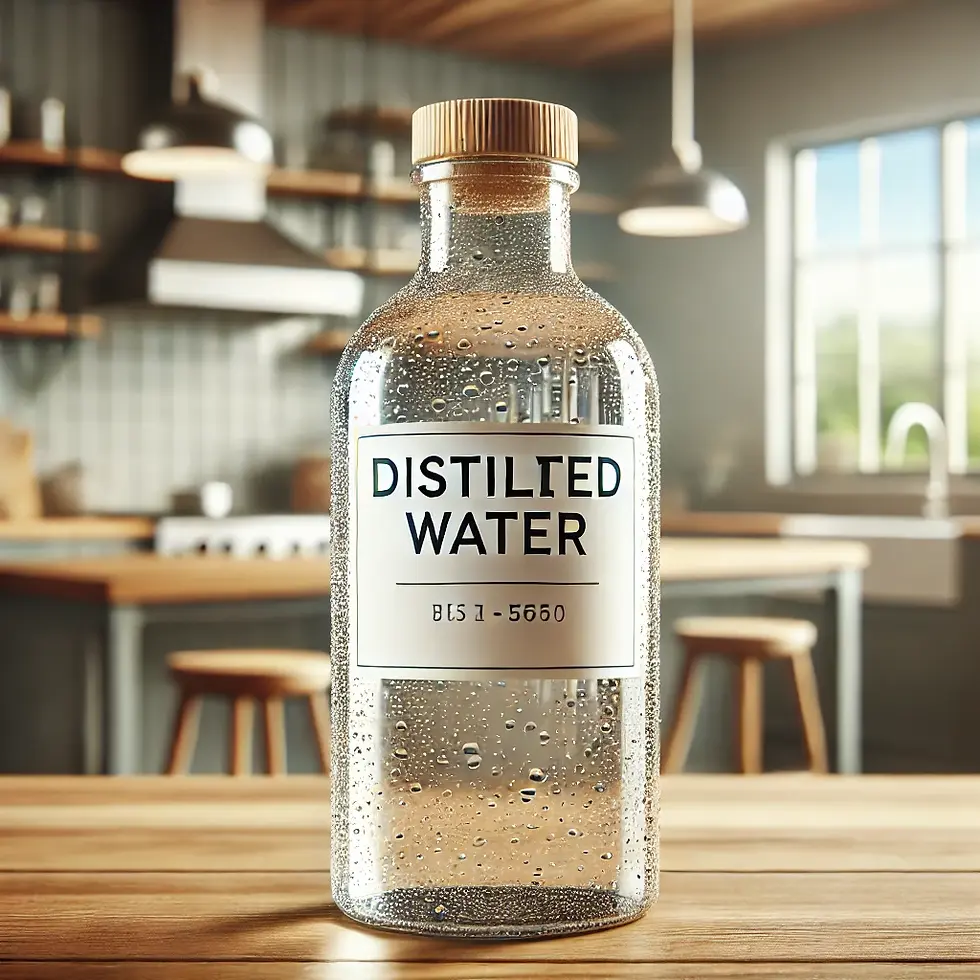Canadian Water
- bearsprings21
- Aug 17, 2023
- 3 min read
Canadian Water: Pure, Pristine, and Plentiful
Introduction: The Essence of Canadian Water
Canada, often referred to as the Great White North, is celebrated for its stunning landscapes, vast forests, and pristine lakes. At the heart of this natural beauty lies an incredible treasure - its water sources. From tranquil lakes to flowing rivers, Canadian water captivates both locals and visitors alike.

Canadian Water: A Symbol of Purity
The reputation of Canadian water for being exceptionally clean and pure is no exaggeration. Here's why Canadian water is considered a global standard for water quality:
1. Abundance of Freshwater
Canada boasts an incredible abundance of freshwater resources. Its rivers, lakes, and reservoirs hold about 20% of the world's freshwater, contributing to a consistent supply of clean water.
2. Pristine Natural Environment
The vast, untouched landscapes of Canada contribute to the purity of its water. Pollution levels are generally low due to the country's relatively low population density and stringent environmental regulations.
3. Stringent Regulations
Canada has rigorous regulations and standards in place to ensure the protection of its water sources. This includes measures to prevent pollution and maintain water quality.
4. Minimal Industrial Impact
Compared to many other countries, Canada has a relatively smaller industrial footprint, which means fewer pollutants are released into the water sources.
5. Natural Filtration
The country's vast forests and wilderness areas act as natural filters, purifying the water as it flows through these ecosystems.
6. Sustainable Practices
Canadian communities often prioritize sustainable water management practices, further safeguarding the quality of their water sources.
Canadian Water's Contribution to Health and Well-being
The exceptional quality of Canadian water directly impacts the health and well-being of its residents and visitors in several ways:
1. Access to Safe Drinking Water
Clean and safe drinking water is a fundamental necessity. Canadians benefit from a high level of access to safe and potable water sources.
2. Outdoor Activities
The abundance of clean water bodies offers opportunities for recreational activities like swimming, boating, fishing, and kayaking, enhancing physical and mental well-being.
3. Ecosystem Support
Healthy water ecosystems support diverse wildlife and contribute to the overall ecological balance.
4. Cultural Significance
Water plays a significant role in indigenous cultures, with many indigenous communities relying on rivers and lakes for sustenance and spirituality.
5. Economic Growth
Water resources also contribute to the economy through industries such as fishing, tourism, and agriculture.
Safeguarding Canadian Water for Future Generations
Preserving the purity of Canadian water is a collective responsibility. Efforts are underway to ensure that future generations can continue to enjoy the benefits of this invaluable resource:
1. Environmental Education
Promoting awareness about the importance of water conservation and pollution prevention is crucial for fostering responsible water usage.
2. Conservation Initiatives
Governments, organizations, and communities work together to implement conservation projects that protect water bodies and their surrounding ecosystems.
3. Research and Monitoring
Continuous research and monitoring efforts help identify potential threats to water quality and enable timely interventions.
4. Sustainable Policies
Stringent environmental policies and regulations are essential to prevent activities that could harm water quality.
5. Collaborative Efforts
Collaboration between governments, industries, communities, and indigenous groups is vital for effective water management and protection.
FAQs about Canadian Water
Is Canadian tap water safe to drink?
Yes, Canadian tap water is generally safe to drink due to stringent regulations and regular testing.
Are there any concerns about water scarcity in Canada?
While Canada has abundant freshwater resources, localized water scarcity can occur, particularly in certain regions during droughts.
What is the impact of climate change on Canadian water sources?
Climate change can lead to altered precipitation patterns, affecting water availability and potentially leading to more frequent extreme weather events.
Can I swim in Canadian lakes and rivers without worries?
Yes, many Canadian lakes and rivers are safe for swimming. However, it's always a good idea to check for any local advisories.
Are there specific regulations for protecting water bodies in Canada?
Yes, Canada has federal and provincial regulations in place to protect water bodies, ensure their quality, and prevent pollution.
How can individuals contribute to water conservation in Canada?
Individuals can conserve water by reducing consumption, avoiding unnecessary waste, and supporting eco-friendly practices.
Conclusion: Cherishing the Liquid Gold of Canada
Canadian water is not just a resource; it's a treasure that defines the nation's identity and well-being. The purity and abundance of its water sources are a testament to the importance placed on environmental stewardship. As we navigate the challenges of the modern world, it's crucial to remember that the pristine waters of Canada are worth preserving for generations to come. By valuing and protecting this invaluable resource, we can ensure that the Great White North continues to shine as a beacon of clean and refreshing hydration.



Comments